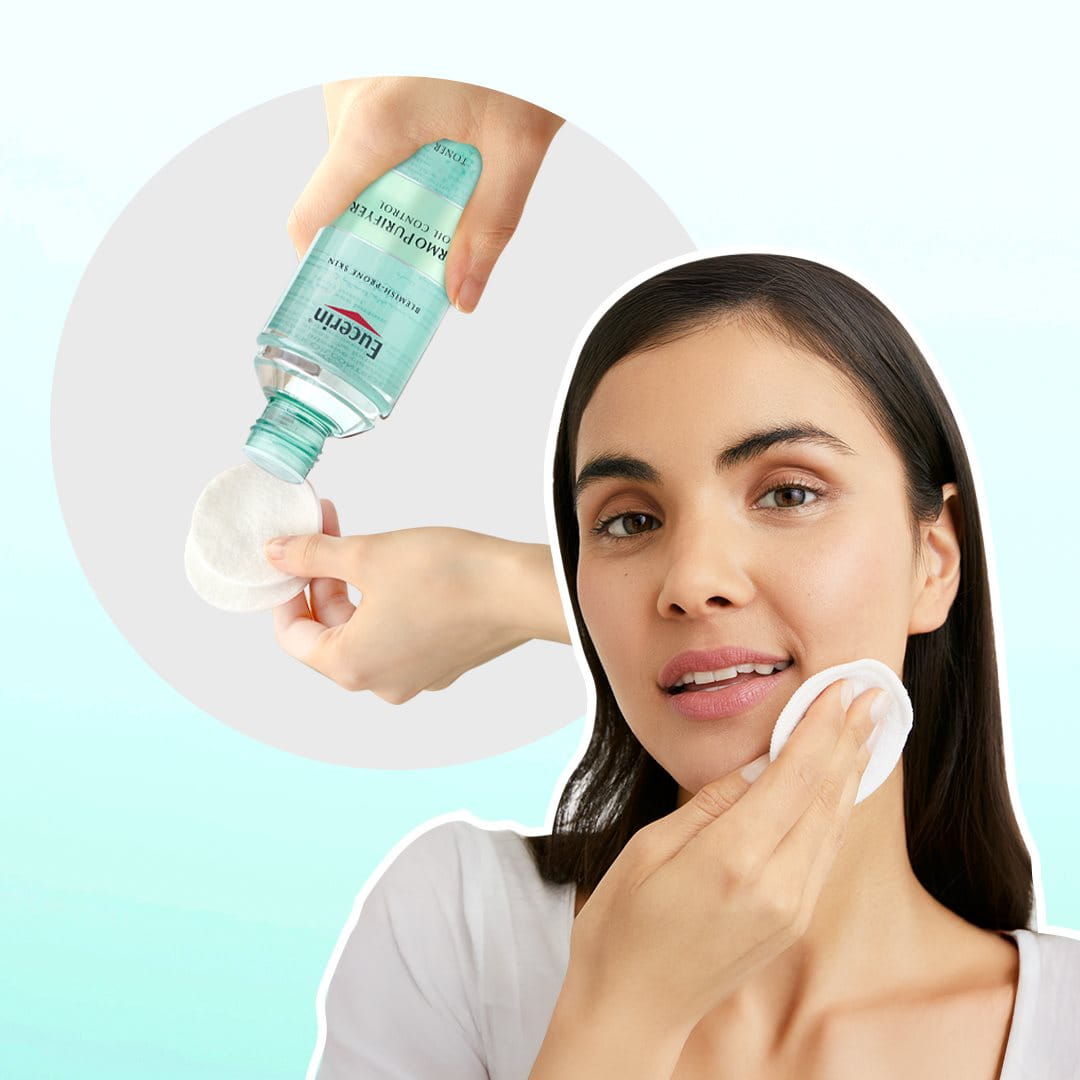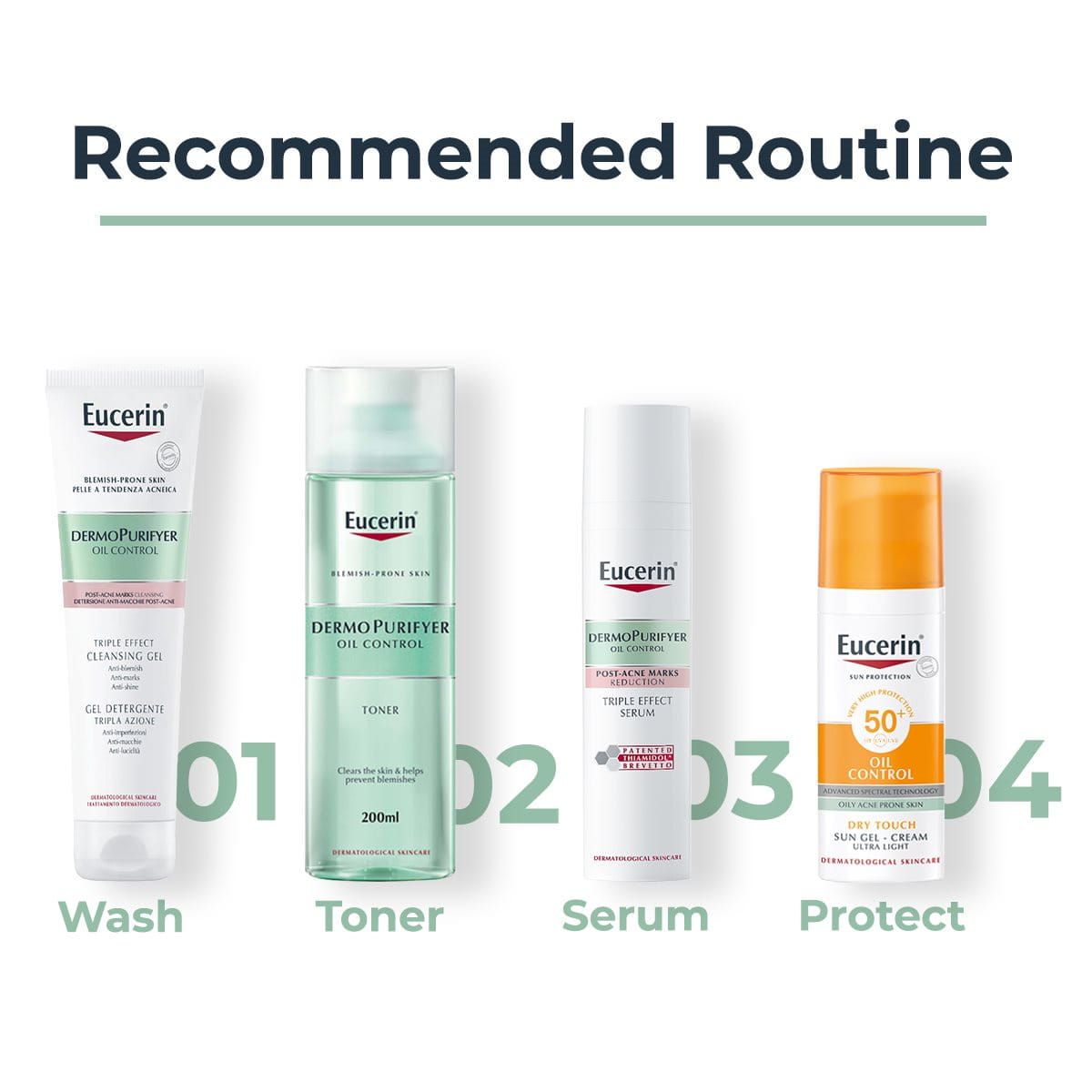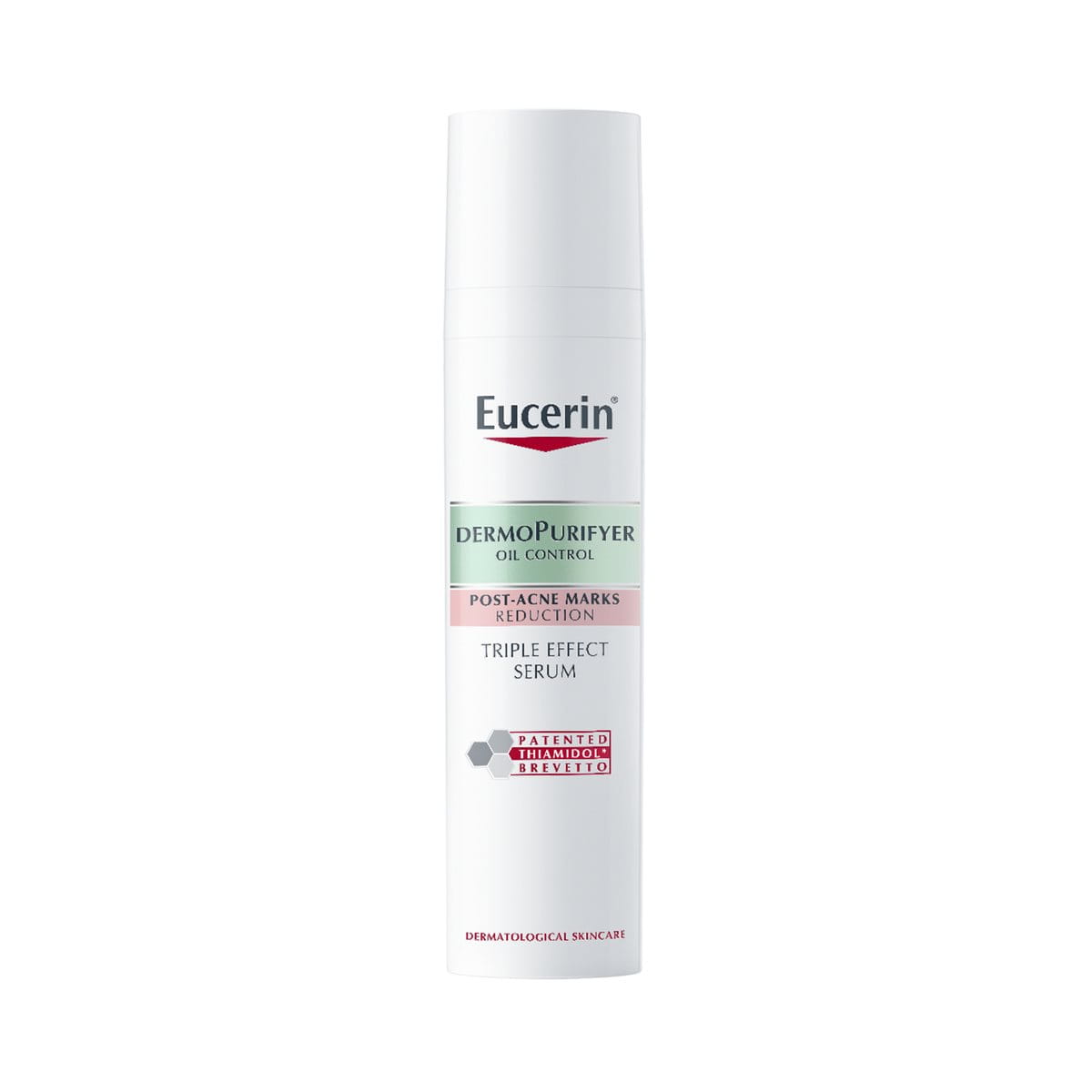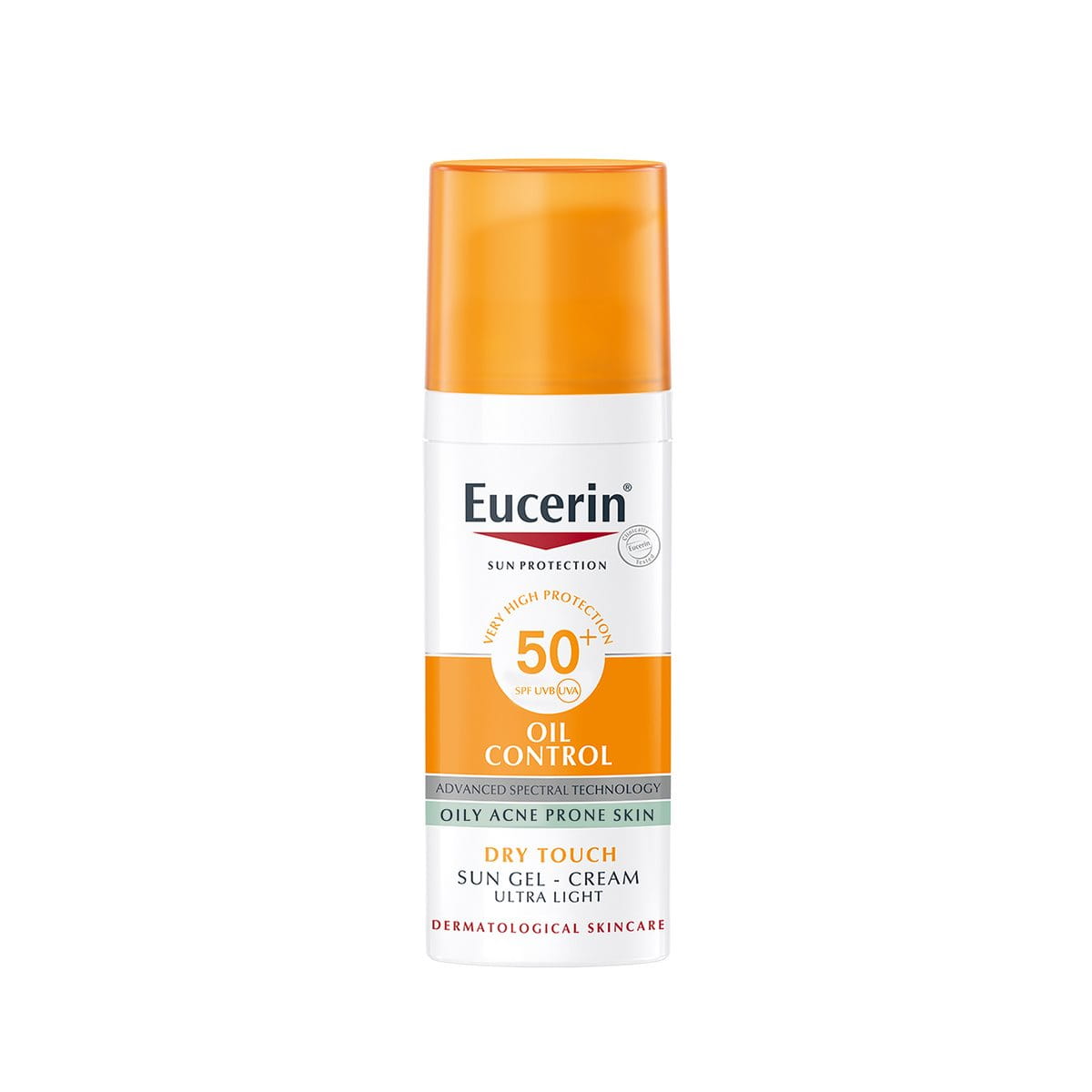While you know you’re supposed to use toners, no one quite knows what they do. They fit in somewhere between your cleanser and serum and make your skin seemingly smooth. But is this water-like skincare ingredient a must or just a filler? Read on to find all the benefits of toner and understand what does a skin toner do.
Keynotes:
- Skin toners are water-based skincare products that help you balance the skin’s pH, remove residual dirt and oil, and prepare the skin for better absorption of actives.
- Choosing the right toner depends on your skin type—exfoliating actives for oily skin and hydrating ingredients like hyaluronic acid for dry or sensitive skin. Lactic acid helps you cleanse and hydrate at once.
- Use toner twice daily after cleansing and before moisturising to maintain a healthy, well-prepped complexion.




